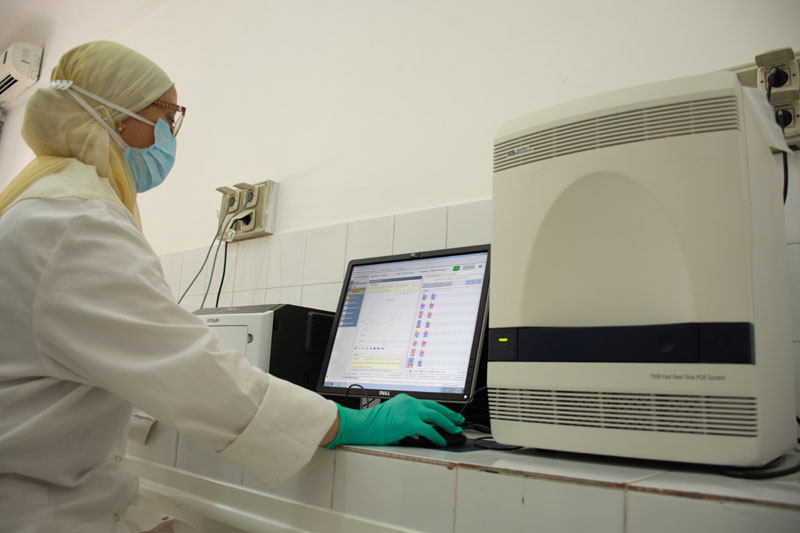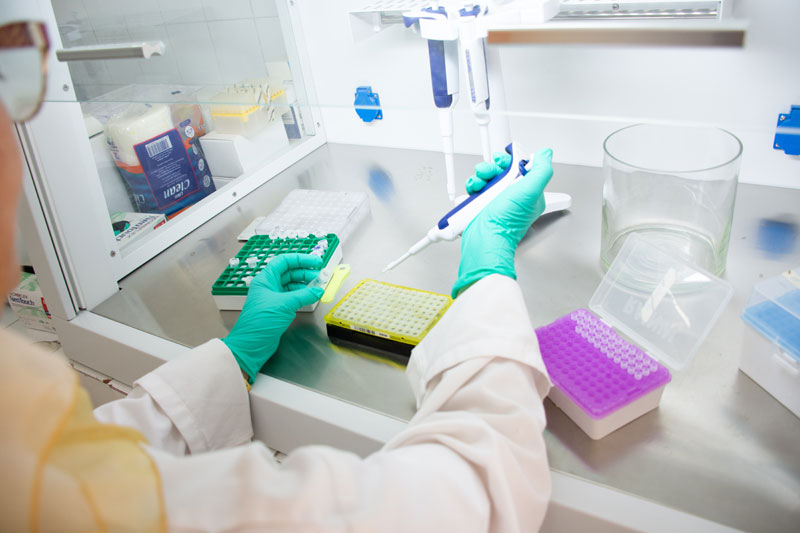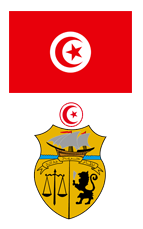Genetically Modified Organisms, Animal Speciation and HALAL Labeling
Genetically modified organisms (GMOs) are organisms whose genetic material has been modified. GMOs are widely developed and commercialized because they facilitate crop protection due to greater resistance to diseases and viruses.
Some countries have no restrictions, while others have regulatory provisions regarding health and environmental risks. In Tunisia, the regulatory framework is being prepared and will soon come into force. However, being one of the member countries, Tunisia, by ratifying the Cartagena protocol on the prevention of biotechnological risks in 2002 (Law No. 58 of June 25, 2002) and which constitutes the first international environmental agreement on GMOs, has undertaken in a process aimed at ensuring the appropriate regulatory conditions, for the controlled management of GMOs, in order to guarantee the preservation of human and environmental health. Indeed, the LCAE was chosen to accomplish its task of control and prevention, by signing, in December 2016, the agreement stipulating its membership as a member of the national network, the latter is made up of four national laboratories and whose mission is the research and detection of GMOs.
En outre, au sein de l’Union Européenne, plusieurs textes sont appliqués on cite notamment :
- La Directive 2015/412 qui permet à chaque État membre de limiter ou d’interdire la culture des OGM dans leur pays,
- Les Règlements (CE) 1829/2003 et 1830/2003 concernant l’étiquetage des aliments et des aliments pour animaux contenant des organismes génétiquement modifiés (OGM)
- La Loi 2008/595 sur les organismes génétiquement modifiés (OGM).

Our experiences - Our skills
- Availability of the GMO screening activity is at the level of the center: TUNIS
- Experience since 2017
- Participation in internal comparison tests: JRC (Italy) and MENA
- Regular monitoring of the quality of physico-chemical analyzes using several tools (MRE, duplicate tests, samples spiked with JRC, etc.).


Type of Products:
- Products of plant origin: Cereals
- Vegetable fats and vegetable oils: palm olein, palm stearin, olive oil, sunflower oil, corn oil…
- Processed products: White sugar, Chocolate, biscuit, méchouia salads, chakchouka, mloukhia, ….
- Animal products: Honey (pollen blind)
Type of Analysis:
P35S-TENOS-P34S are the 95% indicators used in the GMO Screenig by the Technique
extraction by TaqMan Kit by REAL TIME - POLYMERASE CHAIN REACTION RT-PCR






